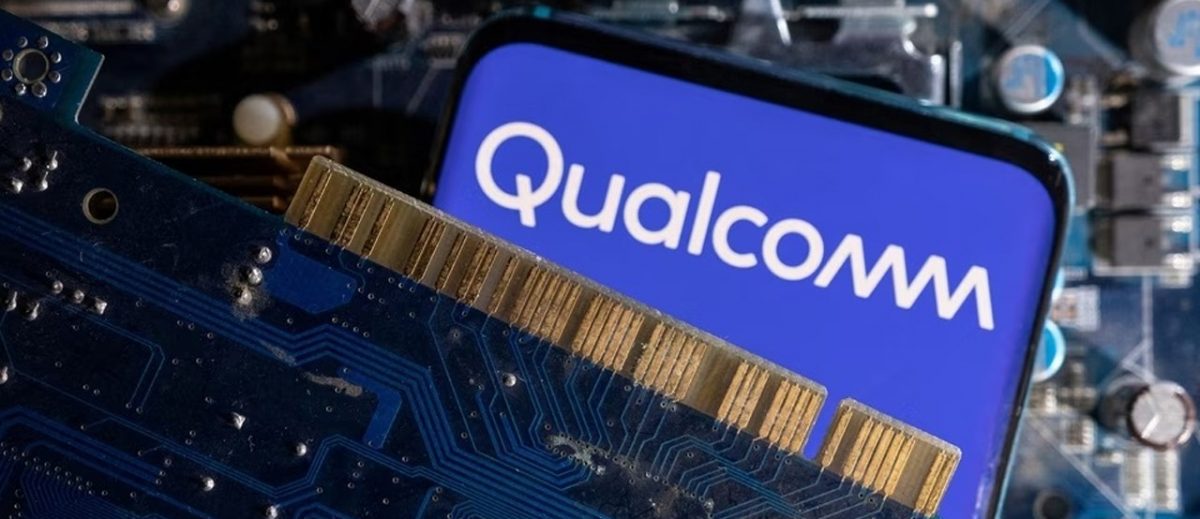
Introduction:
Quantum AI is an emerging field that explores the potential synergy between quantum computing and artificial intelligence algorithms. Quantum computers leverage the principles of quantum mechanics, such as superposition and entanglement, to perform calculations that classical computers find extremely challenging. This promises a leap in computational power that could revolutionize various fields, including AI.
What is Quantum AI?
Quantum AI is the integration of quantum computing and artificial intelligence. Quantum computing is a field of study that utilizes the principles of quantum mechanics to process information in a completely different way than classical computing. Artificial intelligence, on the other hand, is the simulation of human intelligence in machines. When combined, these two fields have the potential to revolutionize the way we solve complex problems and make predictions
Skeptics argue that Quantum AI is simply a buzzword used by companies to attract investors and drive up their stock prices. They claim that the technology is not yet mature enough to deliver on its promises and that it is being hyped up to create a false sense of urgency.
In recent years, cryptocurrency scams involving fake celebrity endorsements and promises of outrageous returns through AI trading bots have exploded in popularity. One of the most infamous examples is the “Quantum AI” scam.
This elaborate fraud has defrauded individuals out of millions through slick social media marketing and elaborate fake platforms. The scam artists behind Quantum AI have gone to great lengths to make their scheme appear legitimate, including faking endorsements from high-profile business leaders like Elon Musk.
What is the Impact of Quantum AI on Future Technologies?
Current Developments: Researchers and companies are actively working on developing quantum processors and algorithms to harness the power of quantum computing for AI tasks. Notable efforts include Google’s Quantum AI lab, IBM’s Qiskit, and startups like Rigetti Computing. These entities are making strides in building quantum hardware and designing algorithms that could outperform classical counterparts in certain applications.
Challenges and Skepticism: While the potential of Quantum AI is exciting, skepticism exists within the scientific community. Quantum computers are still in their infancy, facing challenges like error correction, stability, and scalability. Some argue that practical, large-scale Quantum AI applications are still years away, and the current claims might be somewhat overhyped.
Real-world Applications: Despite the challenges, Quantum AI holds promise for various applications, such as optimization problems, cryptography, and machine learning. Quantum machine learning algorithms, for instance, could potentially process and analyze vast datasets much more efficiently than classical algorithms.
Conclusion:
In conclusion, Quantum AI is a legitimate and actively researched field, with significant potential for transforming the landscape of artificial intelligence. However, it is crucial to approach the current developments with a balanced perspective, acknowledging both the exciting progress and the existing challenges. As quantum technology continues to advance, we can expect more clarity on the real-world applications and limitations of Quantum AI.
This article will provide an in-depth overview of how the Quantum AI scam operates, who is behind it, and how to avoid falling victim. We’ll examine the deceptive techniques used to reel in unsuspecting investors, explain the fake trading bots and investment returns, and provide tips for spotting and avoiding this prevalent cryptocurrency scam.